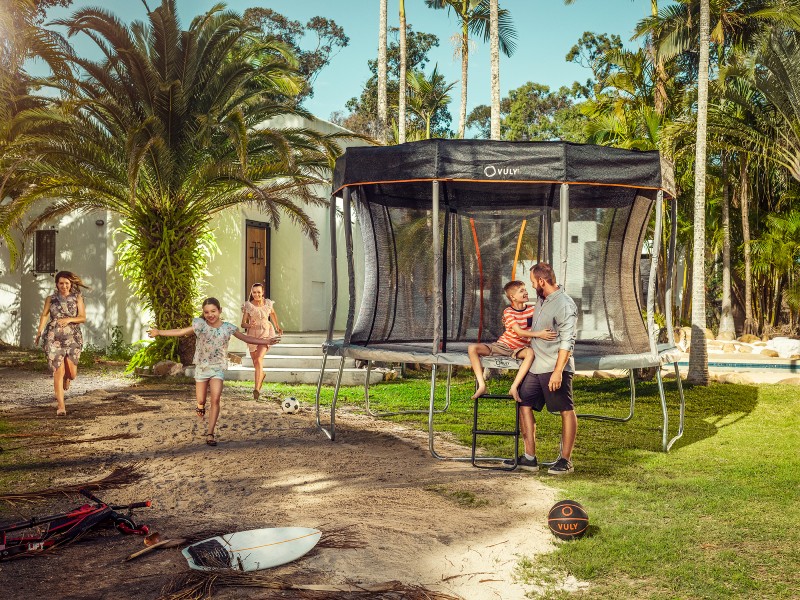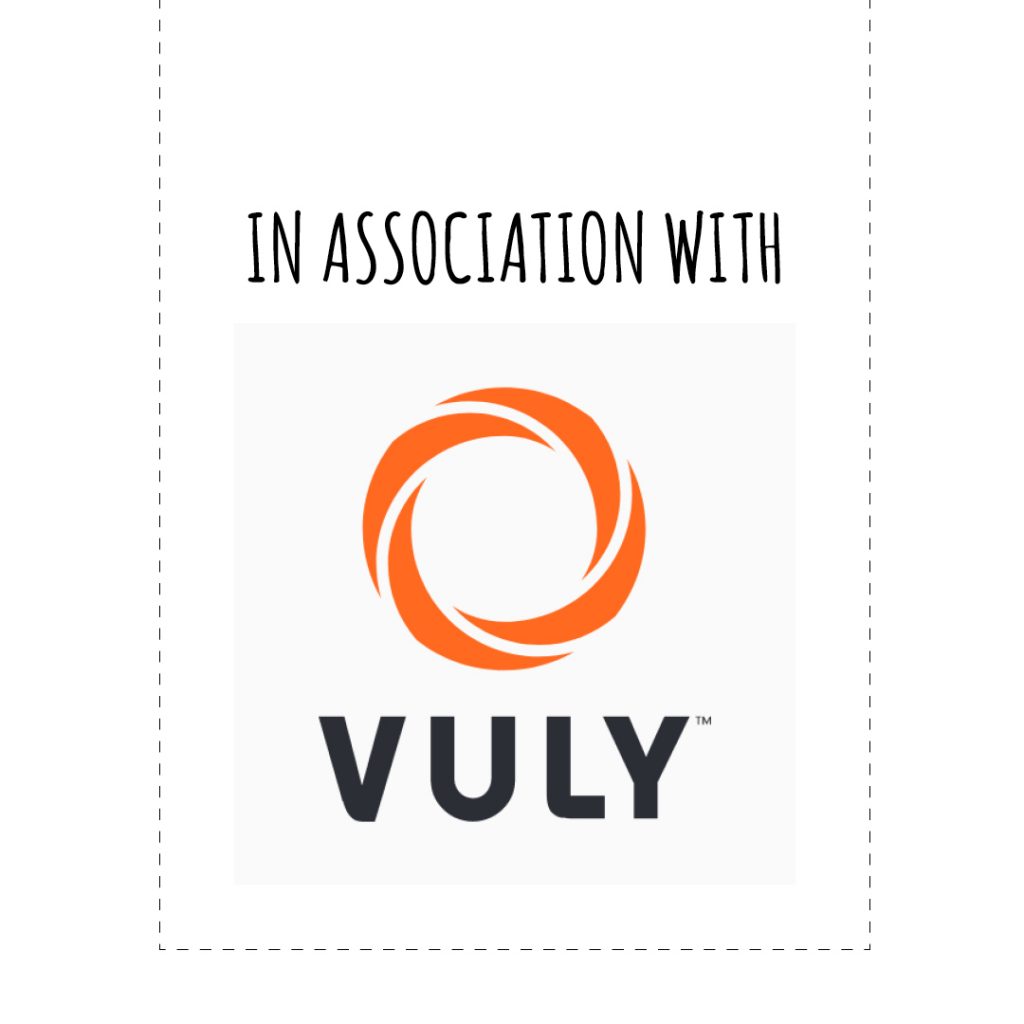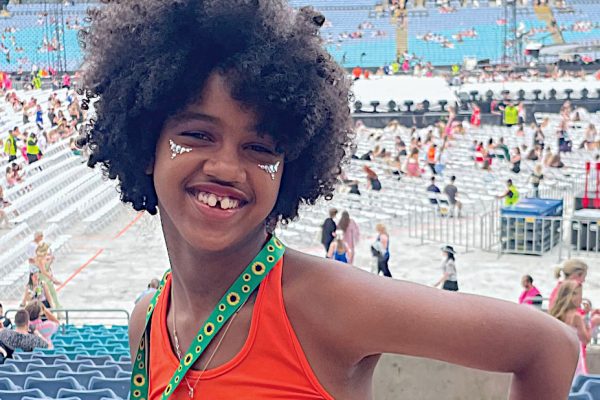
Need to know: what is the NDIS?
The National Disability Insurance Scheme (NDIS) is run by an independent statutory agency, the National Disability Insurance Agency (NDIA).
The NDIS aims to provide support to eligible Australians who are born with or acquire permanent and significant disability, including early intervention support. It is designed to give people with disabilities the support they need to improve their skills and independence over time.
Whether your child is born with or acquires a permanent and significant disability, the NDIS exists to give you peace of mind that your child will receive any reasonable and necessary support to participate in their community and reach their goals.
The NDIS can connect you and your child with services in the community such as doctors, sporting clubs, support groups, libraries and schools, as well as information about what support is provided by each state and territory government.
What the NDIS will fund
The NDIS funds a range of reasonable and necessary supports and services, which include education, employment, social participation, independence, living arrangements and health and wellbeing.
In order to be considered reasonable and necessary according to the NDIS, a support or service:
- Must be related to your child’s disability
- Must not include day-to-day living costs not related to your child’s disability support needs, such as groceries
- Should represent value for money
- Must be likely to be effective and work for your child, and
- Should take into account support given to your child by other government services, your family, carers, networks and the community.
The NDIS will also take into account any informal support available to your child (such as family, friends and community services) as well as formal support such as health and education, in order to determine what support is reasonable and necessary.

The types of supports that the NDIS may fund for your child include:
- Daily personal activities and skill building
- Transport to enable participation in community, social, economic and daily life activities
- Therapeutic support, which may include trampolines or swing sets for physical therapy
- Behavioural support
- Aids or equipment assessment, set up and training
- Home and vehicle modifications
- Mobility equipment
The NDIS generally will not provide funding for supports that are:
- The responsibility of another government system or community service
- Not related to your child’s disability
- Part of your child’s day-to-day living costs that are not related to their support needs
- Likely to cause harm to your child or pose a risk to others
Eligibility
Children under 7 do not need a diagnosis of a disability to access support, as they may be eligible to receive support through the NDIA’s Early Childhood Intervention (ECEI) program. If you have discussed concerns about your child’s development with a physician or healthcare professional, one of the NDIA’s early childhood partners may be able to help you identify the support you and your child may need.
Through this program, you and your child can be connected to community support that can provide short-term, early intervention tailored to your child’s needs. As your child grows older, they can also help access NDIS support and work with you to develop your child’s NDIS plan.
For children aged 7 and over, their disability must be both permanent and significant in order to access the NDIS. The NDIS considers a permanent disability to be one that is likely to be with a person for life, and a significant disability affects a person’s ability to take part in everyday activities.
NDIS access requirements also include factors such as your child’s age and residency status, as well as the availability of the NDIS in your area. To find out whether your child can access the NDIS, visit their website.
If your child is eligible to access the NDIS, you will meet with an NDIS professional who will discuss the current support available to your child, what your child’s needs and goals are, and what support your child may need to meet their goals now and in the future. You may also need to meet with specialists in order for the NDIS to get a full understanding of the support your child needs.
After this, your NDIS professional will work with you to develop an NDIS plan for your child, which will be sent to the NDIA for approval. Once approved, the plan will be put in place and you will start to receive funding.
Managing your child’s NDIS plan
While your child’s NDIS plan is created based on your child’s ongoing needs and goals, it is up to you to decide how to manage the plan. Wherever possible, we recommend involving your child in managing the progression of their plan.
You can choose to manage your child’s funding yourself, or have a nominee such as a support person, family member or carer administer this on your behalf. The NDIA also works with registered service providers who can administer the funding for you.
Alternatively, you may choose to work with a registered plan management provider who can manage some or all of your child’s funding support, depending on how much support you require.
To learn more about how the National Disability Insurance Scheme (NDIS) can provide support for you and your child, visit their website or call 1800 800 110.









